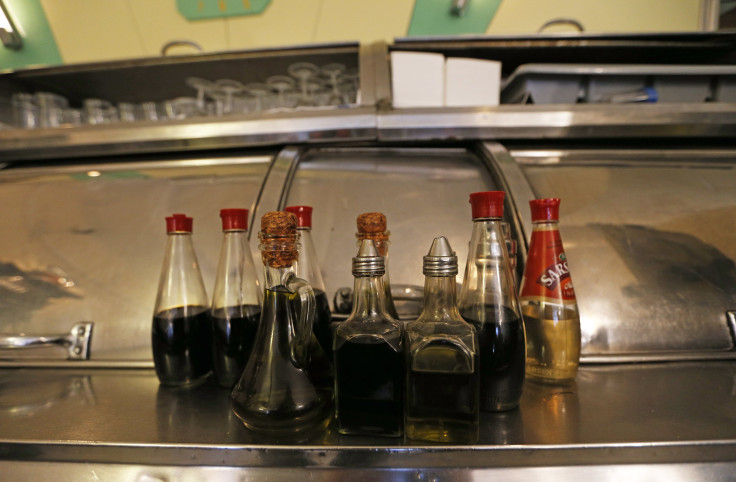Scientists add household vinegar as new effective treatment to prevent infection in burn wounds

The acetic acid, an active ingredient of household vinegar, has been found to be an effective alternative agent to prevent infection and kill bacteria in burn wounds. A low concentration of the ingredient may work better than traditional, surface applied antimicrobial and could lead to the development of new treatments.
The study, published in the journal PLOS ONE, shows that low concentrations of highly diluted acetic acid can prevent and eradicate the biofilms, or the bacteria attached to a surface of the wound, after three hours of exposure. The researchers only applied about 0.16-0.3 percent of acetic acid to the wound, which inhibits growth of all strains, prevents forming biofilms and eradicates mature biofilms.
Prior to the study, acetic acid was used with a higher concentrations of 2.5 percent, but experts have limited the current use of acetic acid in clinical settings because of patient tolerability. Traditional antibiotics were found not that effective to prevent infections as it couldn’t reach the wound and there have already been highly antibiotic-resistant organisms infecting the burn wounds.
"As resistance to antibiotics grows, we need to find ways to replace them with alternative topical agents that can kill bacteria and help our burns patients,” said Fenella Halstead, a clinical scientist at the Queen Elizabeth Hospital. “The evidence in this study offers great promise to be a cheap and effective measure to do just that."
Burns are described as a common traumatic injury and prone to being infected because of the loss of a normal skin barrier. Experts have considered wound infection and sepsis, or blood poisoning that is currently the leading cause of death among burn patients, as the primary concerns for patients.
Halstead said that nearly 80 percent of infections are due to the bacteria attached to the surface of the wound, which turned as more resistant to antibiotics because of its vast numbers and a lot slower metabolic rate. Finding acetic acid as a more effective treatment against all types of pathogens was a “really great" discovery, she added.
The research team is currently designing clinical trials with acetic acid to test plain dressings soaked with acetic acid against the more commonly used silver-based dressings. The work, according to the researchers, would also guide the development of promising, cheap and effective treatments.
Dr Mark Webber, from the University of Birmingham, said that the "acetic acid, or more commonly, vinegar, has been used sporadically in medicine for the past 6000 years - being successfully implemented to treat plague, ear, chest, and urinary tract infections.” However, more studies are needed to provide clarity on the use of acetic acid of vinegar for burns patients across the world.
The researchers noted that people should not self-apply vinegar in the case of a burn. A direct hospital treatment is still more applicable to date.
Contact the writer at feedback@ibtimes.com.au or tell us what you think below





















